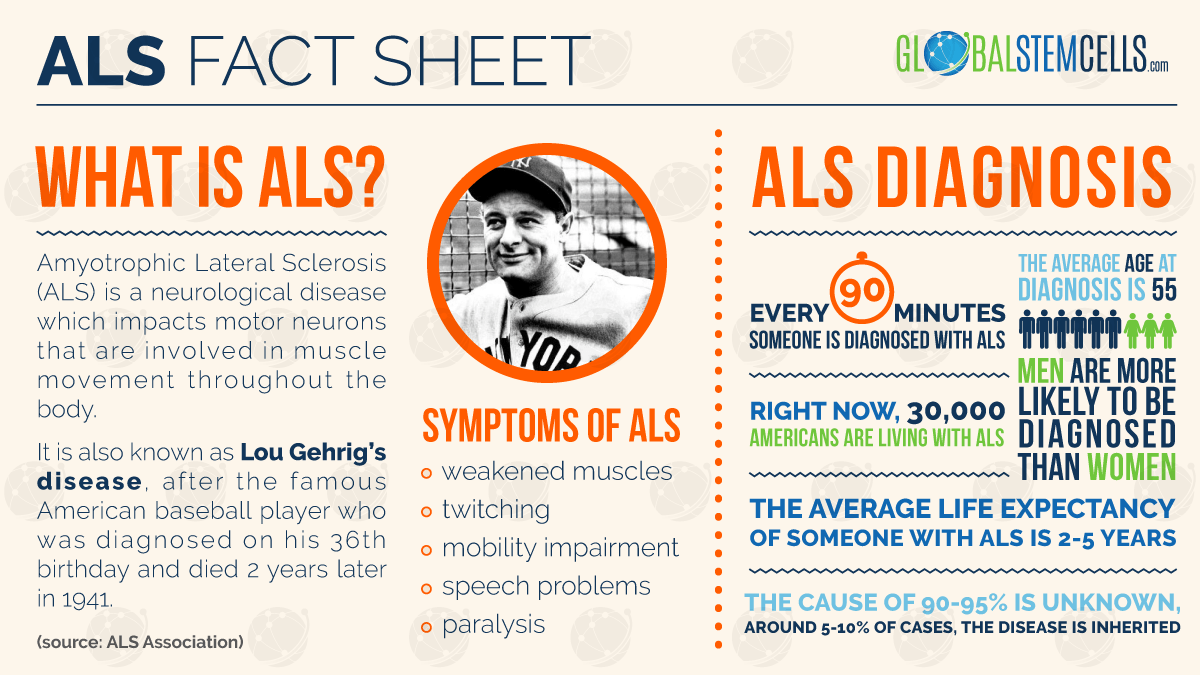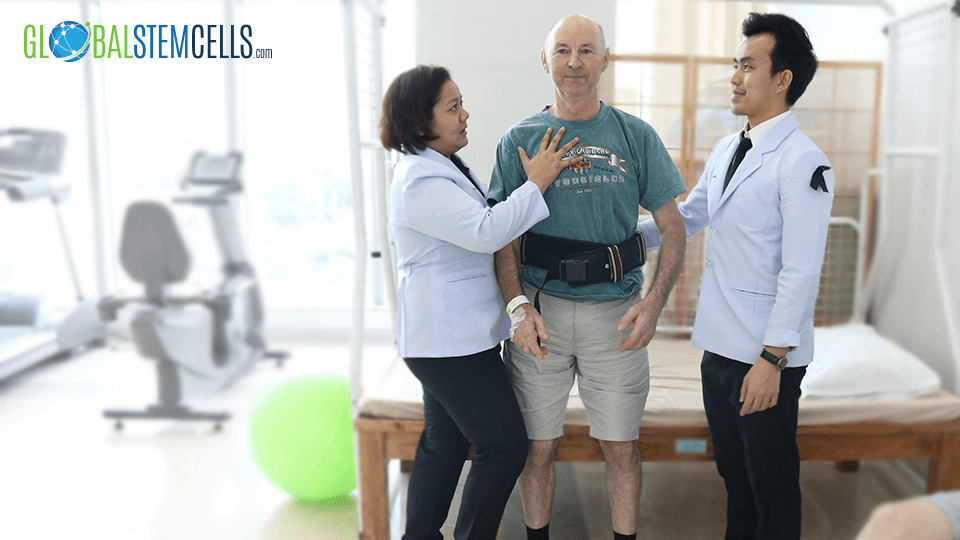Roger, from the UK, was diagnosed with Amyotrophic Lateral Sclerosis, a disease that afflicts about 350,000 people a year worldwide, about half of whom die within three years of diagnosis. Determined to strive for the kind of life he most wanted, he decided to seek out the best treatment option for him. This, turned out to be Stem Cell Therapy.
Roger, after undertaking the treatment, is now able to eat using cutlery, and he can turn the pages of a newspaper with more ease than before. He is also able to dress himself and button his pants up as well as sit and get up from chairs without much help. These were all things he wasn’t able to do before he arrived in Bangkok for the Stem Cell Therapy.
After learning about Stem Cell Therapy online and the services that were available through his wife, Roger packed his bags and embarked on a journey that was not only to Bangkok, but to a better quality of life, one that hopefully consisted of also stopping the progression of the Amyotrophic Lateral Sclerosis.
ALS Patient Talks about his Regenerative Treatment
Effects of Gender in ALS
ALS, which is also known as Lou Gehrig’s Disease, has been noted as being more common in men than in women. The gender difference is seen in large studies that included all ALS patients (sporadic and familial), but is not seen when familial ALS is studied independently. Men predominate in the younger age groups of patients with ALS.
Sporadic ALS has different clinical features in men and women, with men having a greater likelihood of onset in the spinal regions, and women tending to have onset in the bulbar region. Gender appears to have no clear effect on survival. In animals with superoxide dismutase 1 (sod1) mutations, sex does affect the clinical course of disease, with earlier onset in males.
Possible reasons for the differences in ALS between men and women include different exposures to environmental toxins, different biological responses to exogenous toxins, and possibly underlying differences between the male and female nervous systems and different abilities to repair damage.

Roger received stem cell injections, vitamins, acupuncture, rTMS and various therapies as part of his extensive treatment package.
When asked what he thought about the facilities in Bangkok and the treatment, Roger, 65, noted that he and his wife had been extremely apprehensive about making the trip across continents. This is especially considering that they hadn’t traveled abroad for more than a decade.
This being said, Roger acknowledges that the facilities in Bangkok were of cutting-edge caliber, the doctors were patient and empathetic and the other members of staff were very caring and looked after him extremely well.
Please contact us should you be suffering from ALS. We are ready to help.




 English
English